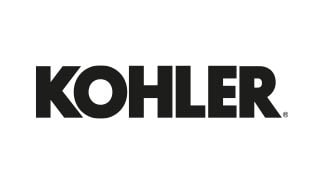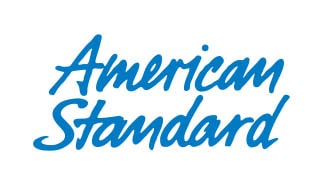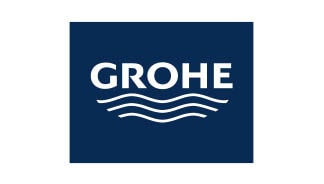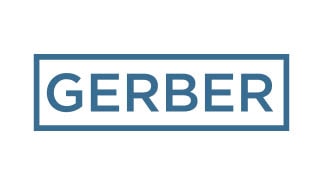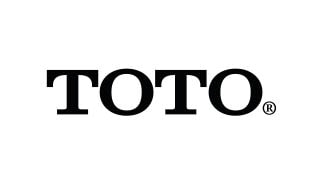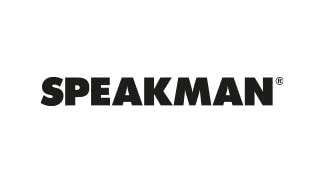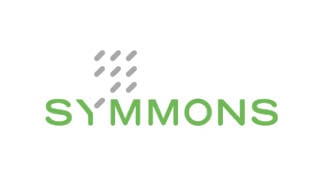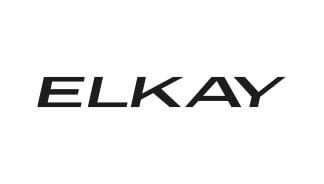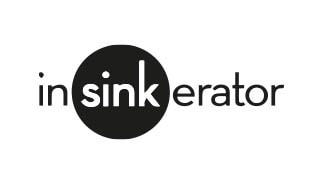Published on
August 3rd, 2023Now Is a Great Time To Schedule Preventative Sewer Maintenance: Here’s What To Expect
While all plumbing systems are essential to building operations and sanitation, one could argue sewers are the most critical. Sewer lines ensure waste safely evacuates a property to a city sewer or an existing septic tank.
Preventative sewer maintenance is vital to ensuring the system’s longevity and functionality. The frequency of professional maintenance varies based on system design. Discover what to expect from sewer line maintenance on your property and common sewer issues that can occur without proper care.
Expectations of Preventative Sewer Maintenance
Sewer Inspection
Sewer inspections are part of routine maintenance. An inspection typically uses a scope to examine the interior of the lines, allowing licensed plumbers to assess the system’s health and diagnose potential problems.
Depending on a building’s system, the government may recommend inspections or maintenance every two to three years. While there is nothing inherently wrong with the timeframe, a lot can happen in two to three years, especially with NYC’s seasonal temperature shifts.
Annual sewer maintenance and inspections of plumbing systems serve property owners best in the long term. By scheduling regular annual inspections, property owners can mitigate the need for sudden emergency repairs later because professionals can find and address problems when still minor.
Ventilation Assessment
Ventilation is an essential aspect of sewer construction. Without proper ventilation, gases such as methane can build up inside the lines, causing immense pressure or backup into buildings. Some gases, such as carbon monoxide, are poisonous.
Sewer vents differ depending on location and purpose, but they all allow airflow. Vents relieve air pressure and provide a natural channel or pathway for gases to escape. Types of vents include columns or shafts, exhaust fans, and manhole covers.
In addition to having a sewer professional make necessary repairs and ensure systems are working correctly, building owners should install working gas and carbon monoxide detectors to prevent catastrophic and tragic losses.
Local Law 157 requires the installation of natural gas detectors in NYC. Also, the National Fire Protection Association recently published a new standard, NFPA 715, addressing the need for warning systems and devices.
Line and Drain Cleaning
Professional sewer maintenance typically includes line or drain cleaning. For routine cleanings, a plumber will probably use a motorized drain auger to clear any obstructions or blockages.
The professional may use a video scope to inspect the line before using the auger to find the best approach to the process. Scopes use fiber optic cable-mounted cameras to transmit clear video from inside a pipe to monitors in the building. The screen captures help determine which areas of the drains need the most attention.
After inspecting the line and using a drain auger, the plumber may use a hydro-jetter, which is similar to a pressure washer but for inside a pipe. The pressurized water scours the pipe’s walls, removing accumulated debris and leaving behind a clean surface. Depending on the service, a plumber may reinsert the video scope after washing the pipe to ensure the line is clean and clear.
Line or Drain Repair
Sometimes, routine sewer maintenance uncovers a problem in the line or drain, such as a crack. Most likely, if a property owner sticks to a maintenance schedule, the issue is minor. Still, any sewer problems require repair to mitigate more troublesome situations.
Like drain cleaning, sewer repairs begin with video scoping the line. The plumber must identify the precise location of the damage to determine access points.
Depending on the extent of the repair and where it is in your sewer system, you may need to get permission from your neighbors and a city permit before starting. Repairs can involve lines that extend under a neighbor’s property, and the process is often quite noisy, so informing neighbors and tenants is essential.
Be cautious of any plumbers who do not pull permits. Permits are essential to most legal and licensed repairs.
Common Problems With Sewer Lines and DIY Repairs
Line Blockages or Clogs
The primary culprit of sewer maintenance problems is blockages or clogs. Clogs can occur from the collection of organic matter in the lines. Many building owners find that tenants may flush or wash things down drains that cause issues later, such as grease, feminine hygiene products, and disposable diapers.
While tenants might cause some problems, natural elements can also inflict damage. For example, the roots of trees or various other plants can infiltrate sewer lines and create cracks and blockages. Also, some fungi grow tendrils that can obstruct sewage flow.
Finally, mechanical devices may cause problems. If pumps malfunction or fail to operate, sewage may sit in the line, stagnate, and form a blockage.
Hazards and Risks of DIY Sewer Fixes
Do-it-yourself drain cleaning products are usually noxious and corrosive. While some commercial cleaners may clear a minor blockage, building owners should refrain from using them regularly. Also, you should never combine different chemical cleaners, as that can cause adverse reactions and potential explosions.
Because of the critical role sewers play in your property’s plumbing and waste management systems, it is best to leave drain cleaning and maintenance to the professionals. Beyond the risks of combined commercial chemical cleaners, poor ventilation or pipe blockages can increase the risk of gas exposure. For everyone’s safety, including tenants, staff, and yourself, call a professional and licensed plumbing service.
Professional Services for Preventative Sewer Maintenance
Hire Sanitary Plumbing for All Your Sewer and Plumbing Needs
Too many things can happen to disrupt waste drainage in a building, from clogs to roots in the line. Annual sewer line inspections and cleanings can limit the risks of devastating and expensive system losses and repairs.
Regular care is essential to the life of your building’s system. Contact Sanitary Plumbing at 212-734-5000 to schedule routine preventative sewer maintenance or to request a thorough inspection of your plumbing systems. Maintenance and inspections are how to ensure healthy and functioning lines and avoid business interruptions and tenant displacement.
